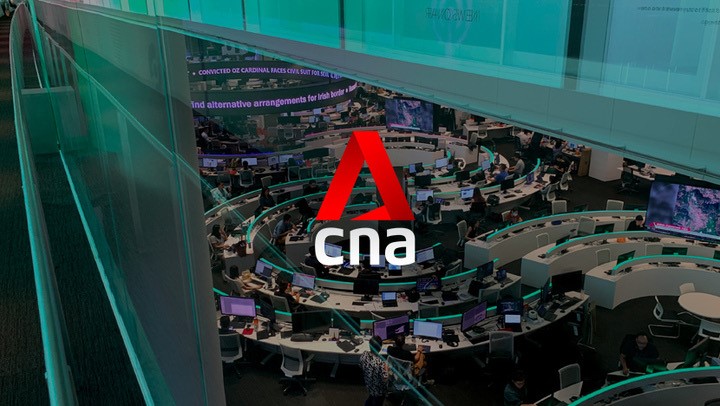Pakistan's largest and poorest province Balochistan has the unfortunate reputation of being a transit route for drug smugglers, who bring products across the border from sellers in the Gulf states and Iran.
It is also a popular marketplace for stolen US and NATO supplies, including weapons, ammunition, vehicles, fuel, and contraband.
Markets in Balochistan, southwest Pakistan, teem with a variety of goods being sold at throwaway prices, and all have been smuggled across Pakistan's borders with Iran and Afghanistan.
Smuggling syndicates have moved with relative ease from Afghanistan, managing to evade stringent security checks at the Wesh-Chaman crossing by using illegal entry points at night along the 1,160km shared border.
They bring with them a wealth of high-demand items to peddle, ranging from illicit goods like drugs, arms, ammunition; to daily essentials such as food, clothing and electronics. But in addition to inanimate items that are smuggled, humans too are transported using the same transit routes.
To stop the smugglers, Pakistan's Border Security has increased patrols and dug a 500km trench which it says is deep enough to make the movement of products difficult. "There is continuous patrolling between posts,” said Second Lieutenant Abid from the Frontier Scouts. “There is no way to slip through and we will catch them if they do. We confiscated cannabis a few weeks ago (from the border)."
But this is not the only frontline Pakistan's authorities have to deal with. There is also Iran, where mostly inexpensive fuel is being smuggled.
The markets in Quetta have a variety to offer. There are some no-go areas where access is only through reference but once in there, even illegal weapons are up for sale.
A 2014 UN Office of Drugs and Crime report estimates that heroin alone yields over US$1.5 billion a year for the smuggling rings who transit through Balochistan. This does not include the combined smuggling revenue that has created a parallel economy in a region with no notable industry and an unemployment rate three times higher than the rest of the country.
The government says it will tackle the issue soon. But for now, the conflict between Pakistan's military and Baloch separatists demanding for greater autonomy has diverted attention away from the smugglers.
"The Soviet invasion of Afghanistan in 1979 created a difficult situation for Pakistan and many illegal activities have been hard to control since then,” government spokesman Siddiq ul Farooq. “However now that a military operation is underway in the tribal areas and there has been a 20-point national agenda, I believe soon we would be able to control this issue of smuggling as well."
Experts say the government has failed to invest in the development of Balochistan's economy, which has allowed illicit goods to flood the local markets. "Conflict and terrorism etc. have some linkage with the lack of formal economic activity,” said Dr Idrees Khawaja, associate professor at the Pakistan Institute of Development Economics. “If more economic activity can be generated there, insurgency could be curtailed."
People in Balochistan lack the basic social and economic necessities to improve their quality of life - something that functional and corrupt-free governance could provide its citizens. Until then, Balochistan's communities will continue to purchase smuggled goods priced according to the whims and fancies of merchants.

No comments:
Post a Comment